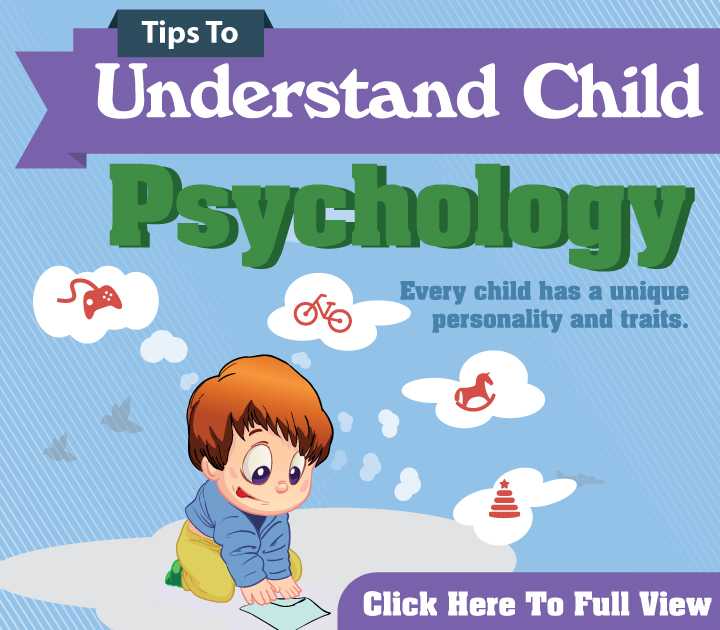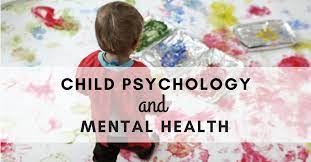How psychological problems manifest in children
Much depends on age: the younger the child, the more bodily symptoms there will be. “Depending on the age, psychological problems manifest themselves in different ways,” explains Christina Wirth, psychiatrist, psychotherapist at the MEDSI Clinic on Leninsky Prospekt . – At the age from birth to 4 years old it will be sleep disturbances, appetite, “regurgitation”, frequent crying, “colic”.
In older children, internal problems are expressed differently. “At the age from 4 to 10 years old, signs of psychological distress can be violations of urination, defecation,” says Christina Wirth. – During this period, motor and speech disorders are added to somatic disorders: tics, hyperactivity, stuttering, mutism; behavior is disturbed. Fears appear from the age of 6-7 ”.

In some cases, deterioration in school performance, mood swings and apathy in a child, and problems with appetite can be “alarm bells”.
How psychological problems manifest in adolescents
Teens are generally not inclined to share their experiences with loved ones. Behavior change signals your child’s need for help. “From about 12 years old, children often have overvalued ideas about their own appearance, eating disorders, and protest behavior becomes more pronounced. It is during this period that mood disorders are more common, “adds Christina Wirth.
What other problems do teenagers face and how to recognize them?
Eating disorders . “There are behavioral features that should alert you,” says Pavel Zaitsev, a psychiatrist at a network of clinics EMC . – For example, after eating, the child immediately runs to the toilet, often refuses to eat or pays too much attention to his diet, becomes demanding. Also an alarming sign is the child’s nervous reaction at the mention of food. ”
Selfharm. This is the name given to deliberate self-harm. “A child can cut and scratch himself, pull out his hair, and burn his skin. Usually traces of damage are hidden under bulky clothing, – says Pavel Zaitsev. – If you notice that your son or daughter began to often wear baggy sweaters, try to lower their sleeves, covering their stomach or legs, this may be an alarming signal. Do not ignore this situation, self-harm can have a different background – from suicidal thoughts and depression to emotional abuse from other people. And it’s like a child’s cry for help. ”
Violence and attacks of aggression . “If a child of a conscious age behaves harshly towards family members and pets, if he intentionally harms them, then this is a wake-up call. The opposite should also be alerted – apathy, fatigue, loss of strength and unwillingness to do anything may indicate an incipient depression and become a reason for going to a specialist, ”adds Pavel Zaitsev.
Gambling addiction and “sticking” in gadgets. “I recommend that parents pay attention not even to the time that their children spend on the Internet, but to how this affects their behavior, – warns Pavel Zaitsev. – If a teenager is not able to stop the game by himself, if he aggressively responds to a request to turn it off (to a request, and not to abruptly pulling the joystick out of his hands!), If you notice that your money has started to disappear, this is not a good sign. Most likely, the child needs help in the fight against gadgets. ”
How to understand that you need help from a psychologist
A psychologist can help if communication with the child is violated. With older children, it is sometimes easier in this sense. “In cases when a child shares his experiences with you and speaks openly about his problems, talks about what happened at school, help may not be needed,” says Pavel Zaitsev. – However, if during a conversation you see that your child is uncomfortable or he draws your attention to a specific problem, you should immediately talk to the teachers and contact a psychologist for help. They will help you figure out why a child feels this way, and also tell you how to overcome difficulties and feel comfortable. ”
But with younger children, there are difficulties. It is worth going to a psychologist when there are obvious bodily symptoms without objective reasons for this. “When somatic complaints occur without detecting changes in internal organs, especially in the presence of negative dynamics with emotional stress, it is necessary to consult a psychologist,” says Christina Wirth. – Consultation of a psychologist is also required for behavioral disorders, unreasonable or excessive irritability, existing for more than several months. You can consult with a psychologist if the child finds it difficult to get along with other children, if he is anxious, prone to the formation of fears, if any fear does not pass within a month. A psychologist’s consultation will be necessary in case of an unreasonable decrease in energy, deterioration in academic performance, long-term complaints of “boredom”.

But if you see that the situation is improving over time by itself, you can postpone the visit to a psychologist. “If the child does not present somatic complaints, if the condition gradually and after a short time improves, if the child remains adaptable in the family, kindergarten, at school, if he continues to experience positive emotions to the same extent as before, if the parents know how to enroll, the consultation of a psychologist may not be required, ”concludes Christina Wirth.
How the work with a child psychologist goes
It includes several stages. “At the beginning of work, the psychologist collects information about the problem from the parents, from the child. Then he conducts psychological diagnostics using various methods: drawings, projective tests, games, questionnaires of parents and adolescents. Thanks to this, the psychologist can draw a conclusion about the nature of the problem, how it can be solved, and outline the boundaries of psychotherapeutic possibilities, – says Christina Wirth. – Despite the fact that the child will receive therapy, parents will also be involved in the work to help him at home. They will need to follow the advice of a specialist. ”
A comprehensive approach will help you solve the problem faster.
